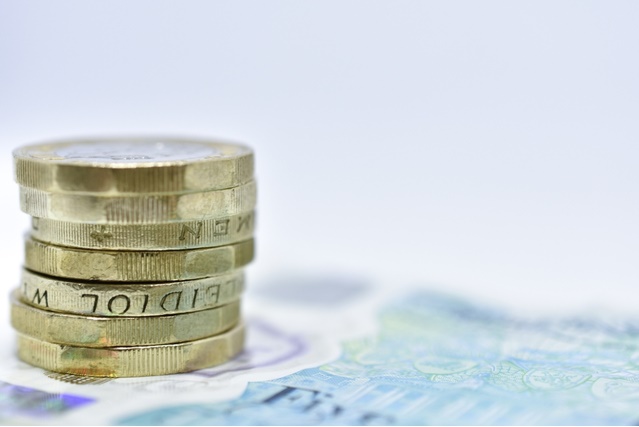Euro Pound (EUR/GBP) Exchange Rate Falls as GBP Set for Largest Rise in Five Months
UPDATE: The Euro Pound Sterling (EUR/GBP) exchange rate slumped and the pairing is currently trading at an inter-bank rate of £0.9024.
On Friday afternoon, the Pound edged higher against the Euro ahead of MPs return to parliament next week.
Reports suggested Sterling is set for its largest rise against the single currency in five months.
Despite the risk of a no-deal Brexit continues to increase, the Pound edged higher.
Commenting on this, Senior FX Strategist at BNY Mellon, Neil Mellor said:
‘Though the threat of a no-deal Brexit is higher than before, extreme short positioning has been partially the reason for its strength and also some investors see value in the Pound around these levels.’
Added to this, the Euro slumped to its lowest level against the US Dollar since May 2017.
Euro Pound (EUR/GBP) Exchange Rate Muted as Inflation Hits 33-Month Low
The Euro Pound Sterling (EUR/GBP) exchange rate remained muted and the pairing is currently trading at an inter-bank rate of £0.9062.
On Friday, data revealed that the Eurozone’s core Consumer Price Index (CPI) rose by a lower-than-forecast 0.9% in August.
Added to this, August’s flash inflation came in at 1%, unchanged from July.
The single currency remained under pressure as inflation remained at its lowest rate since November 2016.
Meanwhile, the bloc’s unemployment rate remained steady at 7.5% in July.
However, this could do little to buoy the Euro as the single currency hit a one month low against the US Dollar.
Pound (GBP) Flat as Brexit Hits UK Consumer Confidence
At the start of Friday’s session, data revealed that UK consumer confidence slumped to its joint weakest since 2013.
GfK consumer confidence fell to a lower-than-forecast -14 in August, down from -11 in July.
Commenting on the data, Client Strategy Director at GfK, Joe Staton noted:
‘Until Brexit leaves the front pages – whenever that will be – consumers can be forgiven for feeling nervous not just about the wider economy but also about their financial situation.’
Added to this, the Lloyds Bank Business Barometer fell from 13% in July to 1% in August.
This was the lowest level the barometer has fallen to since December 2011 when the country struggled to recover from the global financial crisis.
Euro (EUR) Under Pressure as Chance of ECB Rate Cut Rises
The single currency remained under pressure as disappointing data on Thursday reinforced views that the European Central Bank (ECB) would cut rates in September.
Added to this, markets expect the bank to announce a new round of quantitative easing.
Data showed that German inflation eased this month, while unemployment rose.
For the fourth month running German consumer prices, harmonized with inflation data from other European countries was below the ECB’s target.
Year-on-year, prices edged up 1% following a rise of 1.1% in July.
Meanwhile, German unemployment rose by 4,000 in August weighing on the Euro.
Commenting on the unemployment data, ING Economist Carsten Brzeski noted:
‘All of this only means that the protection shield against the industrial slowdown and external woes is getting thinner if not wearing out.’
Euro Pound Outlook: Will a Disappointing UK Manufacturing PMI Leave GBP Under Pressure?
Looking ahead to the start of next week’s session, the Euro (EUR) could slump against the Pound (GBP) following the release of the Eurozone’s manufacturing PMI.
If the bloc’s manufacturing sector continues to contract in August, single currency sentiment will be left dampened.
Meanwhile, the UK manufacturing PMI is also due for release on Monday which could cause Sterling to fall.
If August’s PMI remains below the 50-mark for the fourth month in a row, the Euro Pound (EUR/GBP) exchange rate could rise.


Comments are closed.